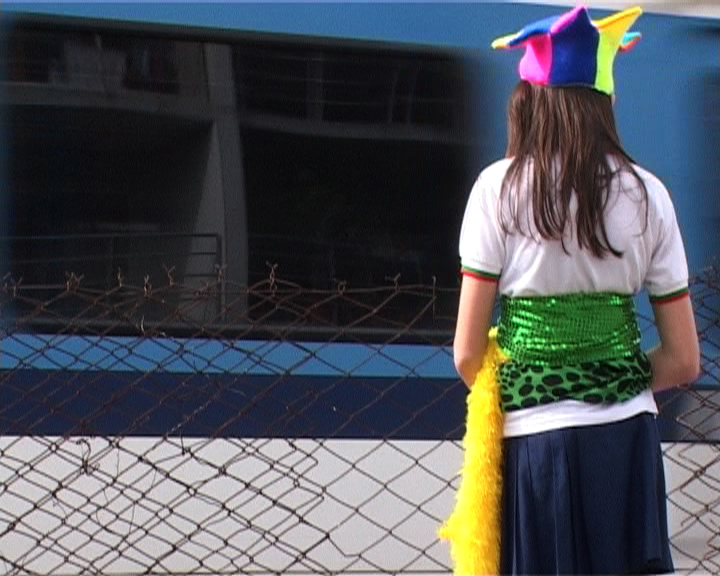States of Belonging: A Lynne Sachs Retrospective
Working since the mid-1980s, variously on lyrical formal shorts and long form experimental documentaries, Lynne Sachs’ body of film and video work has explored the relationships between individual memory and experience in the context of large historical forces. Foregrounding personal history and autobiography, Sachs exalts the intimate gesture as perhaps the most heroic of poetic and political acts. With a keen grasp on cultural theory and media history, Sachs’s films avoid academicism in their celebration of life and political engagement, presenting complex pictures of the world with lyrical grace and joy.
States of Belonging is a four-part retrospective of the filmmakers work, presented as an earnest collaboration between San Francisco Cinematheque, the Pacific Film Archive, ATA’s Other Cinema and Oddball Film + Video. The series will be accompanied by a limited-edition monograph—available at each of the screenings—featuring original writings by Susan Gerhard, Kathy Geritz, Lucas Hilderbrand and Bill Nichols.
Lynne Sachs in-person
presented in association with Other Cinema
[members: $5 / non-members: $10]
Inspired by the stories of Argentine writer Julio Cortazar, yet blended with the realities of contemporary Latin America, here’s the world debut of Wind in Our Hair, Lynne Sachs’ experimental narrative about four girls discovering themselves through a fascination with the trains that pass by their house. A story of early-teen anticipation and disappointment, the 42-min. lyric is circumscribed by a period of profound Argentine sociopolitical unrest. Shot with 16mm, Super 8mm, and Regular 8mm film and video, the rites of passage proceed from train tracks to sidewalks, into costume stores, kitchens, and into backyards in the heart of today’s Buenos Aires. PLUS: In her House of Science: a museum of false facts, Sachs suggests that the mind/body split so characteristic of Western thought is particularly troubling for women, who may feel themselves moving between the territories of the film’s title—private, public, and idealized space—without wholly inhabiting any of them. The film explores society’s conceptions of woman through home movies, personal reminiscences, staged scenes, found-footage and voice-over. ALSO Lynne’s Atalanta: 32 Years Later; Noa, Noa; and Photograph of Wind. (CRAIG BALDWIN)
Lynne Sachs: Wind in Our Hair (Con viento en el pelo) (2009), 40 min.
»: Photograph of Wind (2001), 4 min.
» (with Noa Street-Sachs): Noa, Noa (2006), 8 min.
»: The House of Science: a museum of false facts (1991), 30 min.
